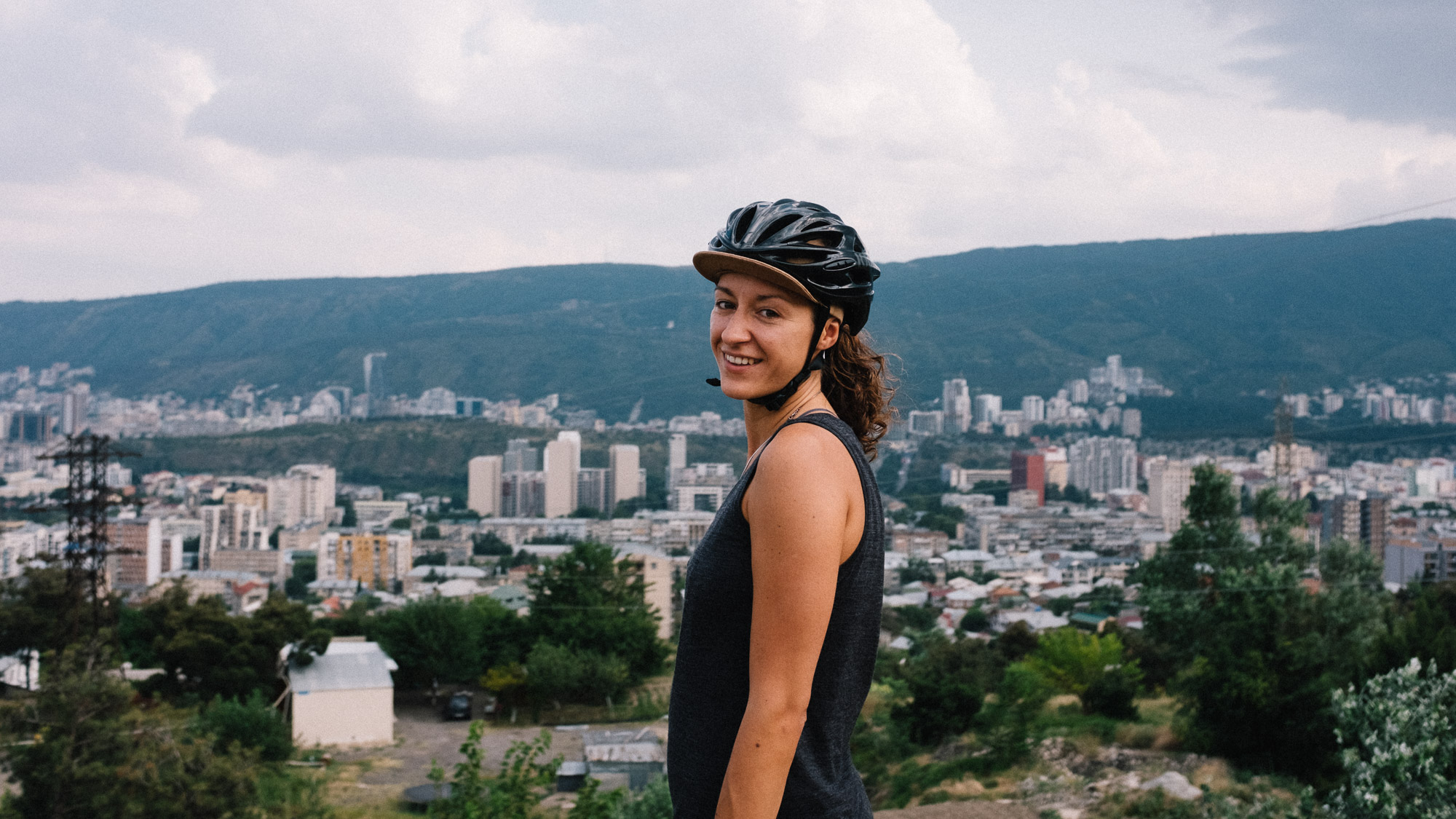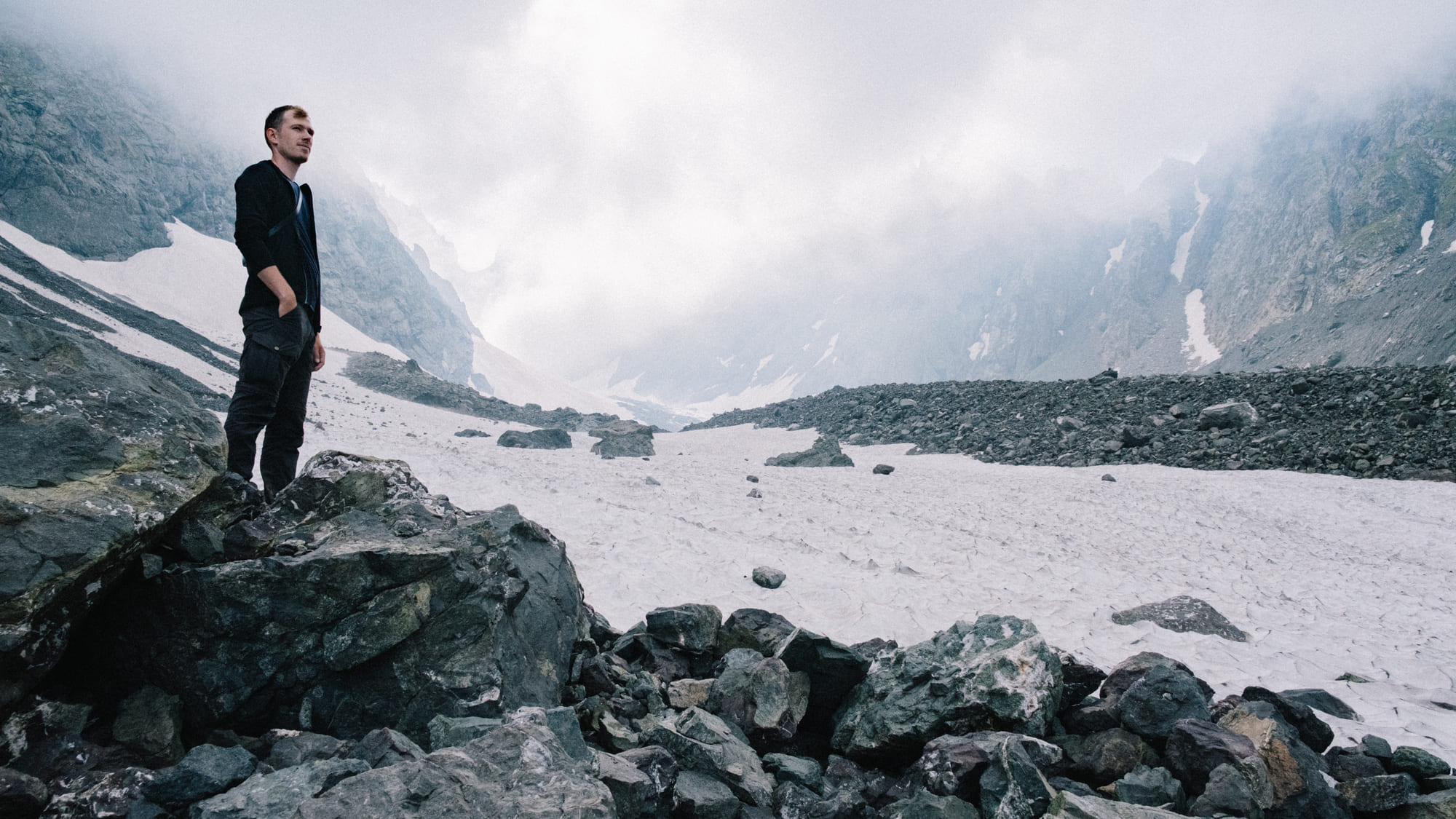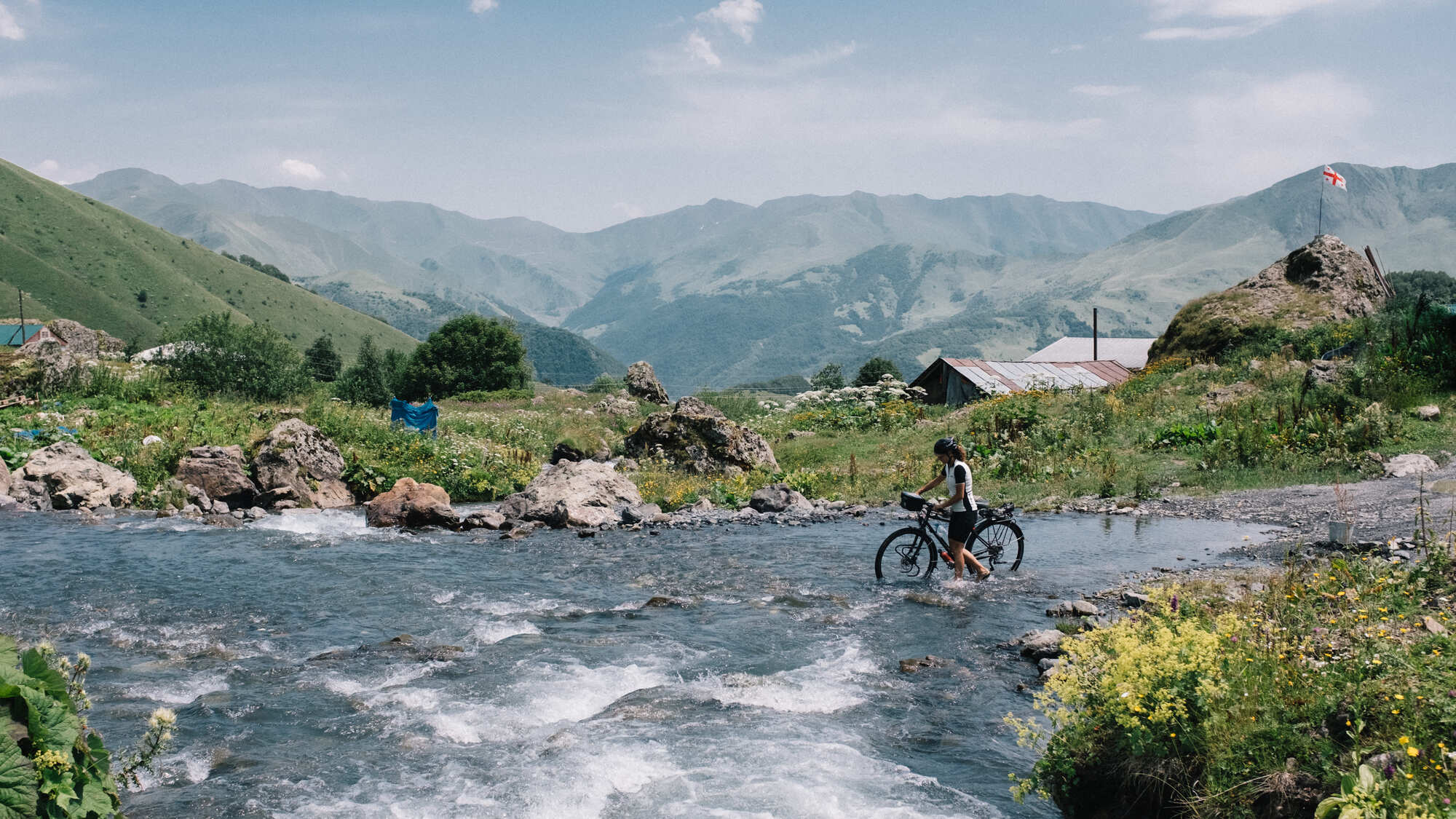georgia
-
Georgia part II
The higher we go in to the mountains, the more beautiful nature seems to get. Georgia’s majestic nature might have tried to break us, but it left us stronger than ever. It’s hard work and we love it.
Written by
-
Georgia part I
It’s been only a week, but we are both exhausted. We are regaining some much needed energy in the Georgian mountains near the Chechen and Dagestan border. Clouds fall like waterfalls over the surroundings peaks, and we ourselves find our head in the clouds too at times. Let us tell you how we got here.
Written by



